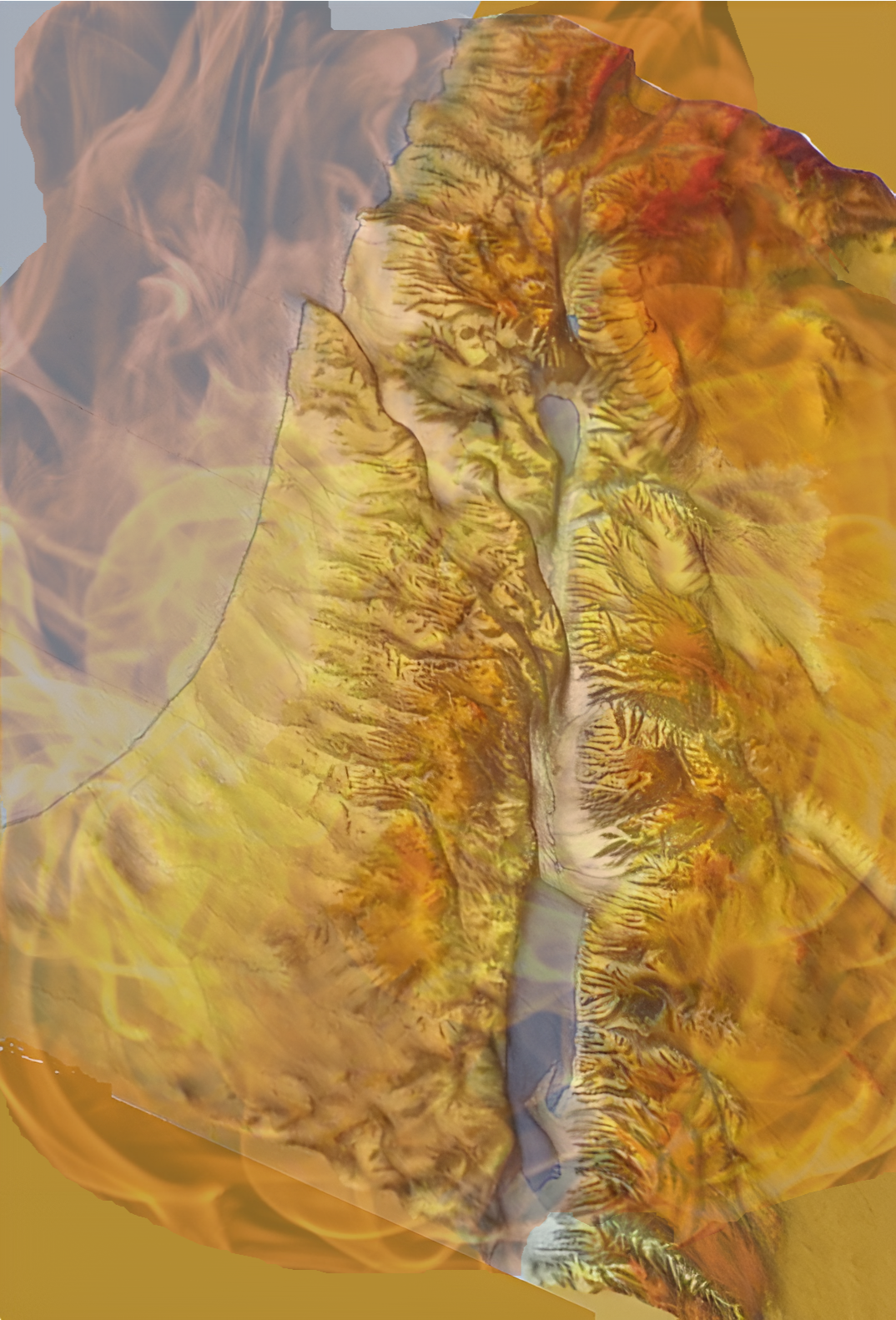I dreamed last night that I was back in Israel, where I lived for several years when I was in my twenties. But in the dream, I was only there for a few days, and then I had to leave again.
The Passover Haggadah, recited over the festive Seder meal by Jews the world round since antiquity, concludes with the words, “Next year in Jerusalem!” Any Jew, regardless of politics, who has been to Israel and felt the pull of our ancient homeland, understands why.
Passover commemorates our Israelite ancestors’ exodus from Egyptian slavery to freedom. It was an ambiguous, bittersweet freedom, the Torah tells us, with God decreeing that we would wander for forty years in the wilderness before entering the Land He had promised us, for we still thought like slaves and hankered for our lost chains, and an entire generation would have to live out their lives and pass away before we were truly fit to be free. I think often of the deep, tragic wisdom in this tale, for we have seen variations of this theme play out over and over again in recent history, as when entire nations newly freed from Communist tyranny slip back toward unfreedom, and other nations long accustomed to liberty are on the verge of throwing it away for the sake of some gold-plated would-be Pharaoh.
For our part, no Jew with a yiddische neshama, a Jewish soul, can feel wholly free this Passover, when our brothers and sisters are still in chains in Gaza, like the Bible’s Samson, when some twelve hundred of our civilians and close to three hundred of our soldiers lie freshly slain. Nor can we feel free when our young in America’s top colleges and universities are spat on, beaten, and physically blocked from entering campus, also in the name of freedom, while their teachers egg on the Jew haters or trip over themselves trying to strike some illusory balance. Instead of celebrating our festival, many of us feel the spirit of the Psalm 137: How shall we sing the Lord’s song in a strange land? That includes we American Jews, to whom America has become a strange land filled with a hatred we had thought had never even reached these shores.
The Torah tells us that Moses came before Pharaoh after each of the Ten Plagues, and Pharaoh would seem to relent and promise to let his Israelite slaves go, but then “God hardened his heart,” a strange and repulsive phrase with deeply troubling theological implications, and Pharaoh would go back on his word. Sounds just like the “negotiations” with Hamas for the hostages’ freedom. And then, after the last and most terrible of the plagues, with the Egyptian firstborn lying dead, Pharaoh actually does let the Israelite slaves go, only to renege one last time and chase after them with the entire Egyptian army at his back. God splits the Red Sea so the Israelites can cross in safety, and brings the waters rushing back over the heads of Pharaoh and his army, who doubtless only wished to remind the escaped slaves of all the valuable job skills they had learned in Egypt.
One of the most famous of the rabbinic fables known as Midrashim imagines the angels celebrating at this moment, only to be rebuked by God Himself: “My children are drowning, and you celebrate?!” Since antiquity, Jew haters have imagined us to be bloodthirsty, projecting their own violent desires on us. There have always been individual Jews who are murderous, because we are human beings like everyone else, but the tug of our religion and culture has been against that, for much longer than the history of most of the peoples of today’s world. Check out, as an example and exemplar of actual Israelis’ feelings, the Instagram account of the American-Israeli journalist Sarah Tuttle-Singer (@tuttlesinger).
We, or they (I have Israeli citizenship from my time living there), know perfectly well that Gaza Palestinians are enduring horrors as the Israel Defense Force battles the Hamas Nazis in “resistance” garb. My own view, which many other Israelis share, is that many of those Gaza Palestinian civilians supported and still support Hamas, even knowing of the atrocities the terror group committed in Israel on October 7; yet they are still human beings, just as were Nazi Party-supporting German civilians in 1945. It is forbidden by every commandment of Judaism as a religion and Jewish and Israeli culture to wantonly kill or maim them, or even to celebrate if they are accidentally harmed and killed by our Army, just as God reminded the angels in the midrash I cited earlier. At every traditional Seder, we take one drop of wine out of our glasses at the recitation of each of the Ten Plagues. There is no wine of rejoicing whatsoever, for any of us, as long as this war goes on. And yet, we cannot surrender our lives and everything we have built in our restored homeland, nor can we Diaspora Jews meekly hang our heads and let ourselves be abused and terrorized by those shedding our blood and demanding we “go back to Poland,” in the name of a justice that they invoke in vain.
“In every generation, they rise up to destroy us,” the Haggadah says, and urges God to “pour out your wrath on those who do not know You.” And it concludes with “Next year in Jerusalem,” or as some say since Jewish sovereignty was restored in Jerusalem fifty-seven years ago this June, “Next year in Jerusalem rebuilt.” Jerusalem rebuilt, restored, a place where people of all nations may come to worship, in peace and in friendship.
